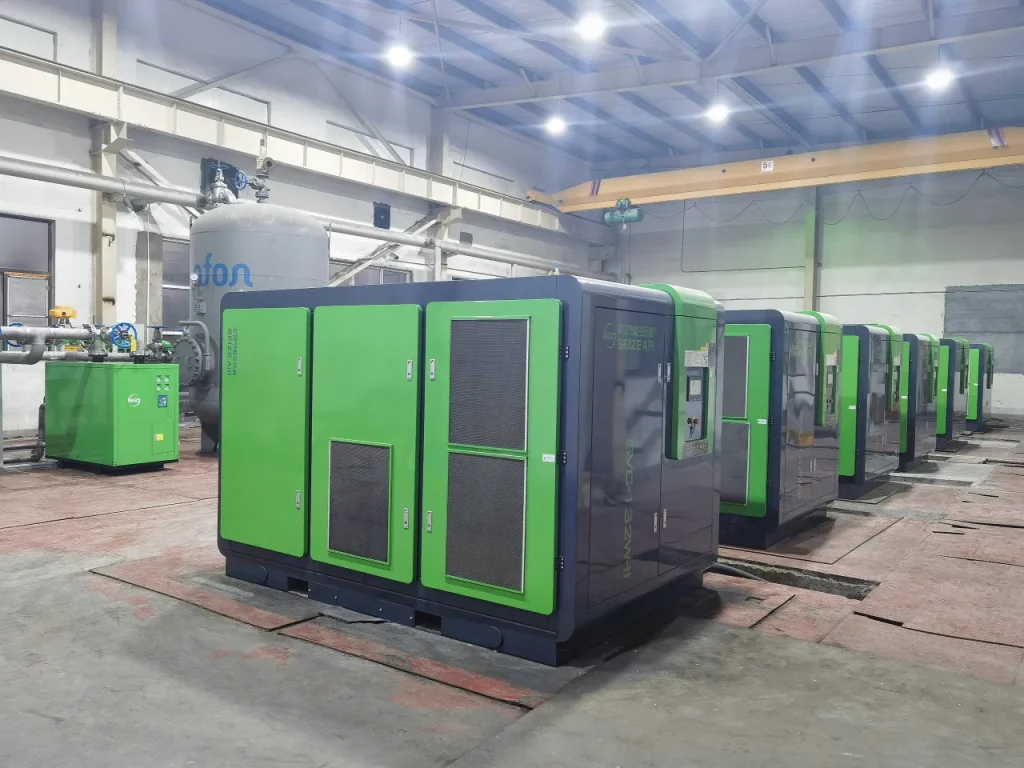Key Points for Air Compressor Management: Improving Efficiency and Reducing Costs
Key Points for Air Compressor Management: Improving Efficiency and Reducing Costs
Air compressors play a crucial role in industrial production. Ensuring stable and efficient operation of the equipment is essential for enhancing productivity and economic benefits. This article discusses how scientific management strategies can ensure the safety of air compressors, improve operational efficiency, extend service life, and reduce maintenance costs.
1. Set Clear Management Goals for Air Compressors
Ensure Stable Equipment Operation: Prevent equipment failures, ensure uninterrupted production, eliminate safety risks promptly, and protect both equipment and personnel.
Improve Operational Efficiency: Optimize operating parameters, reduce energy consumption, enhance compressed air output efficiency, minimize idle running, and improve equipment utilization.
Extend Service Life: Through scientific maintenance, extend the overhaul cycle, and reduce depreciation costs.
Reduce Operating Costs: Minimize energy consumption and repair frequency, control spare parts consumption, and reduce overall operational costs.
Achieve Intelligent Management: Use remote monitoring and data analysis to achieve intelligent management of air compressors and optimize operating strategies.

2. Establish Equipment Archives
A comprehensive equipment archive is the foundation of management, including basic equipment information, technical documents, operation records, maintenance and service records, and spare parts management. By thoroughly recording the equipment’s operational status and historical data, enterprises can better monitor equipment conditions and optimize management.
3. Develop a Scientific Maintenance Plan
Daily Maintenance: Regularly check equipment appearance, lubrication, sealing, etc., keep the equipment clean, and inspect oil levels, pressure, temperature, and other operational parameters.
Periodic Maintenance: Replace consumable parts such as lubricating oil and filters, clean coolers and filters, inspect connection parts, and perform performance tests.
Preventive Maintenance: Use data analysis technology to monitor equipment status, identify potential faults in advance, and take preventive measures.
Overhaul: Conduct a thorough inspection and replace damaged parts when equipment experiences major failures or reaches its service life.
By applying scientific air compressor management, companies can improve equipment operating efficiency, extend service life, and effectively reduce maintenance costs, bringing sustainable economic benefits to production.

 English
English
 Chine
Chine
 Russia
Russia
 France
France
 Spain
Spain
 Arab
Arab